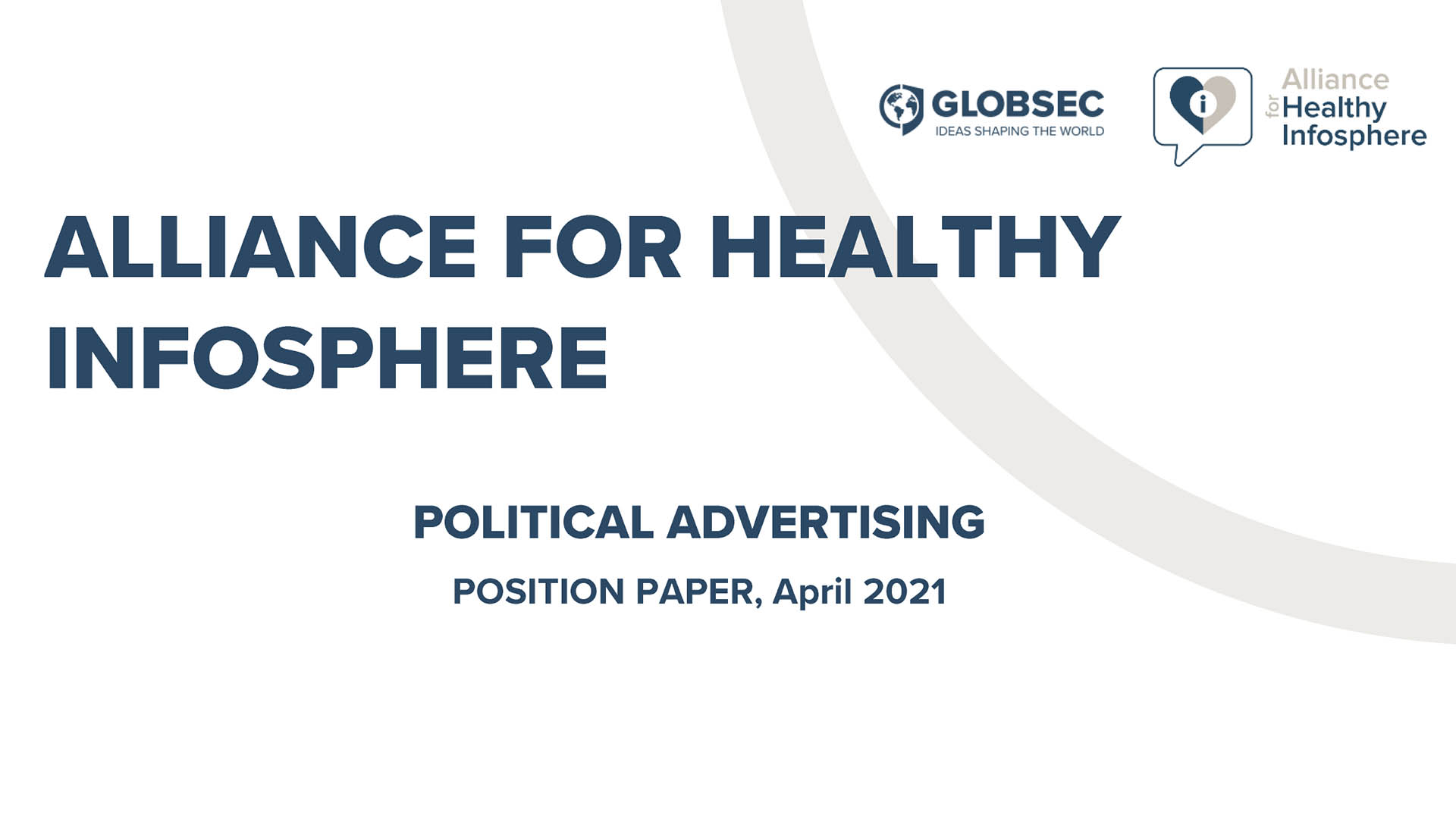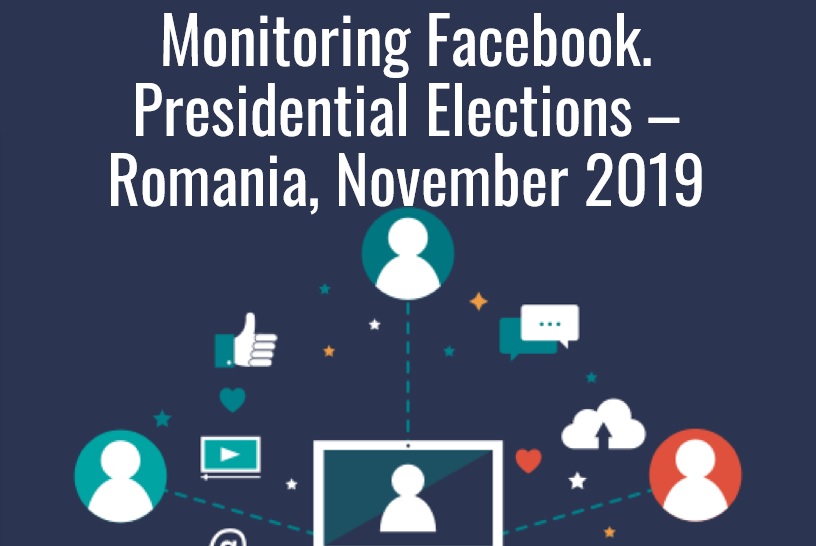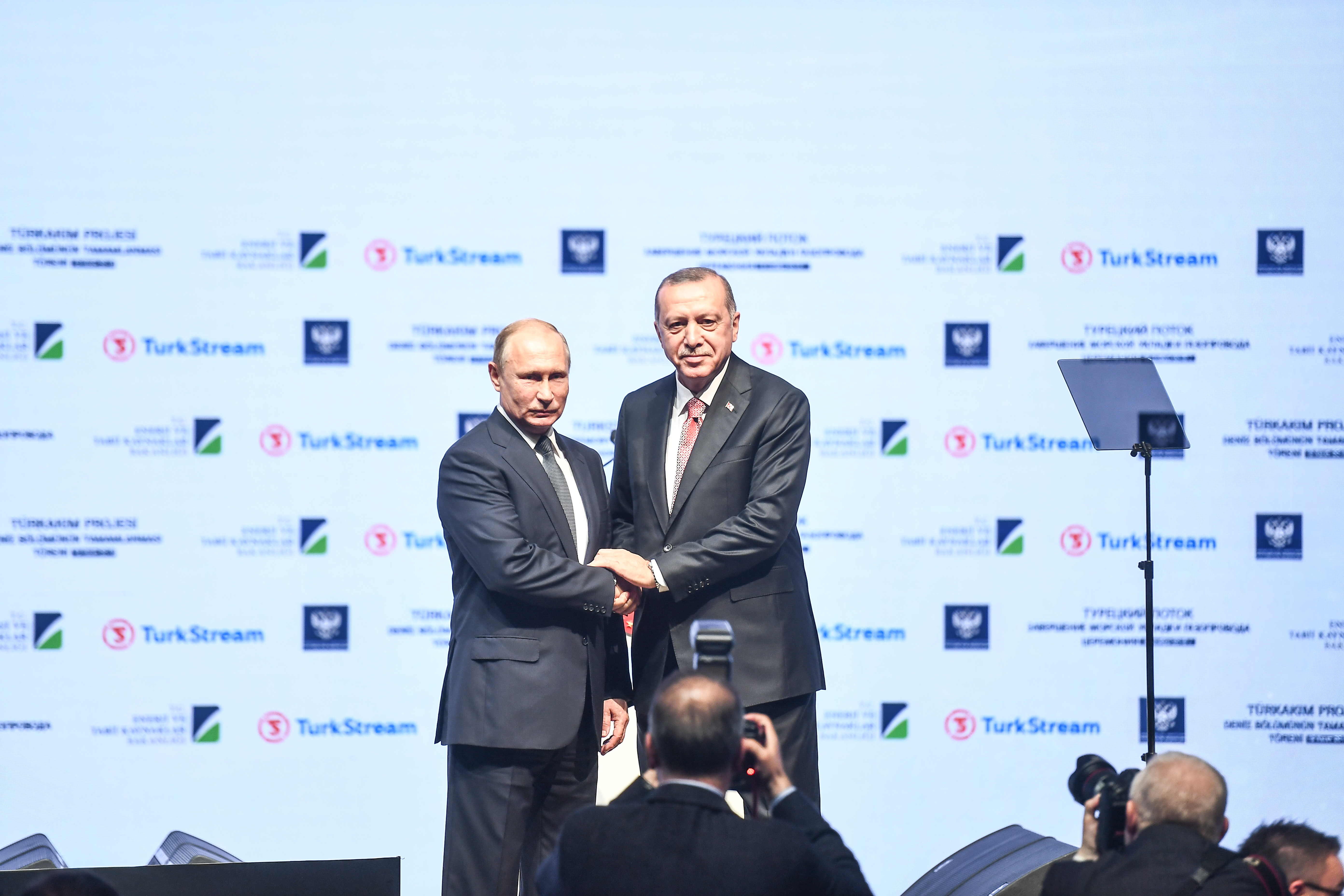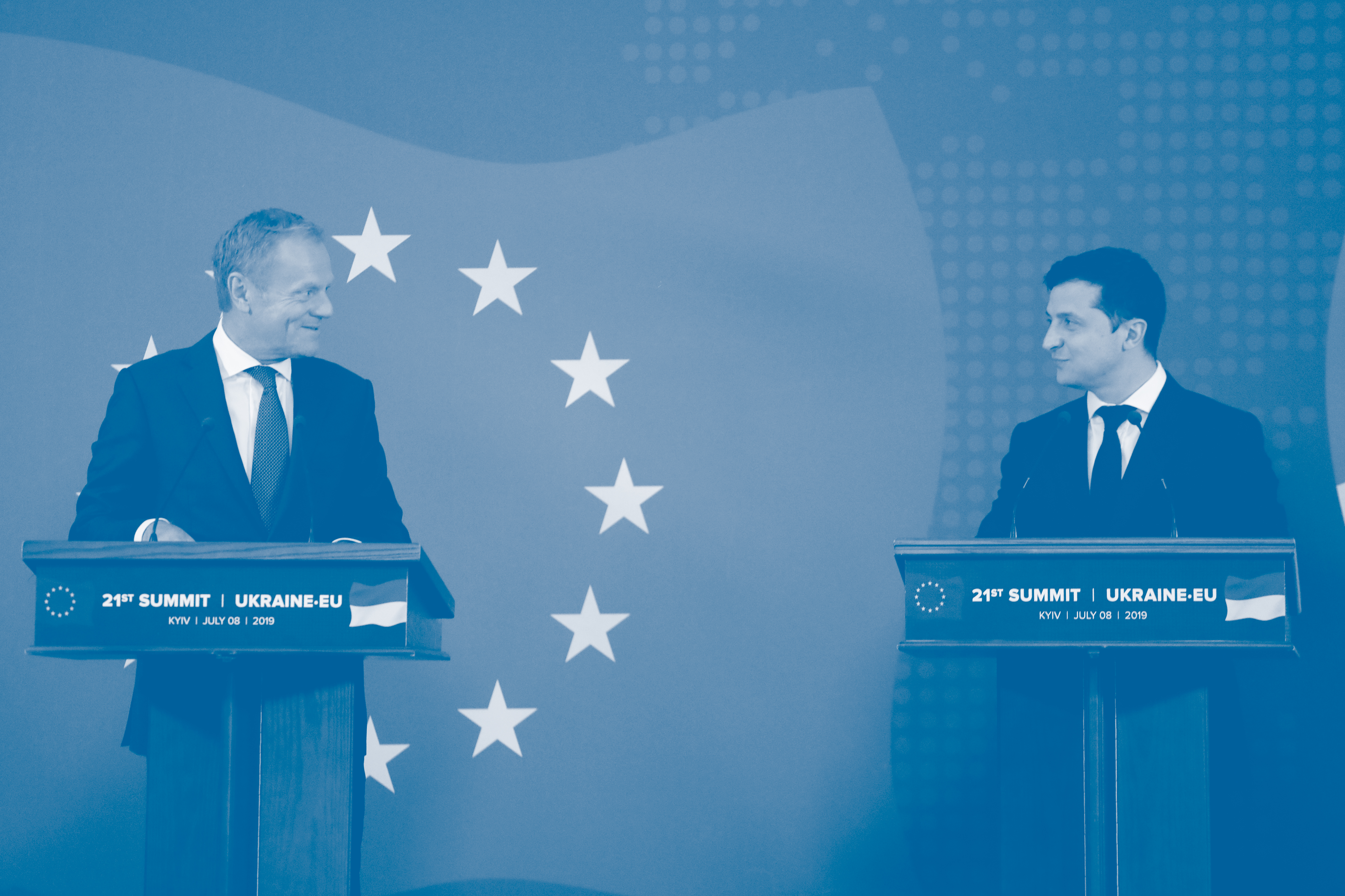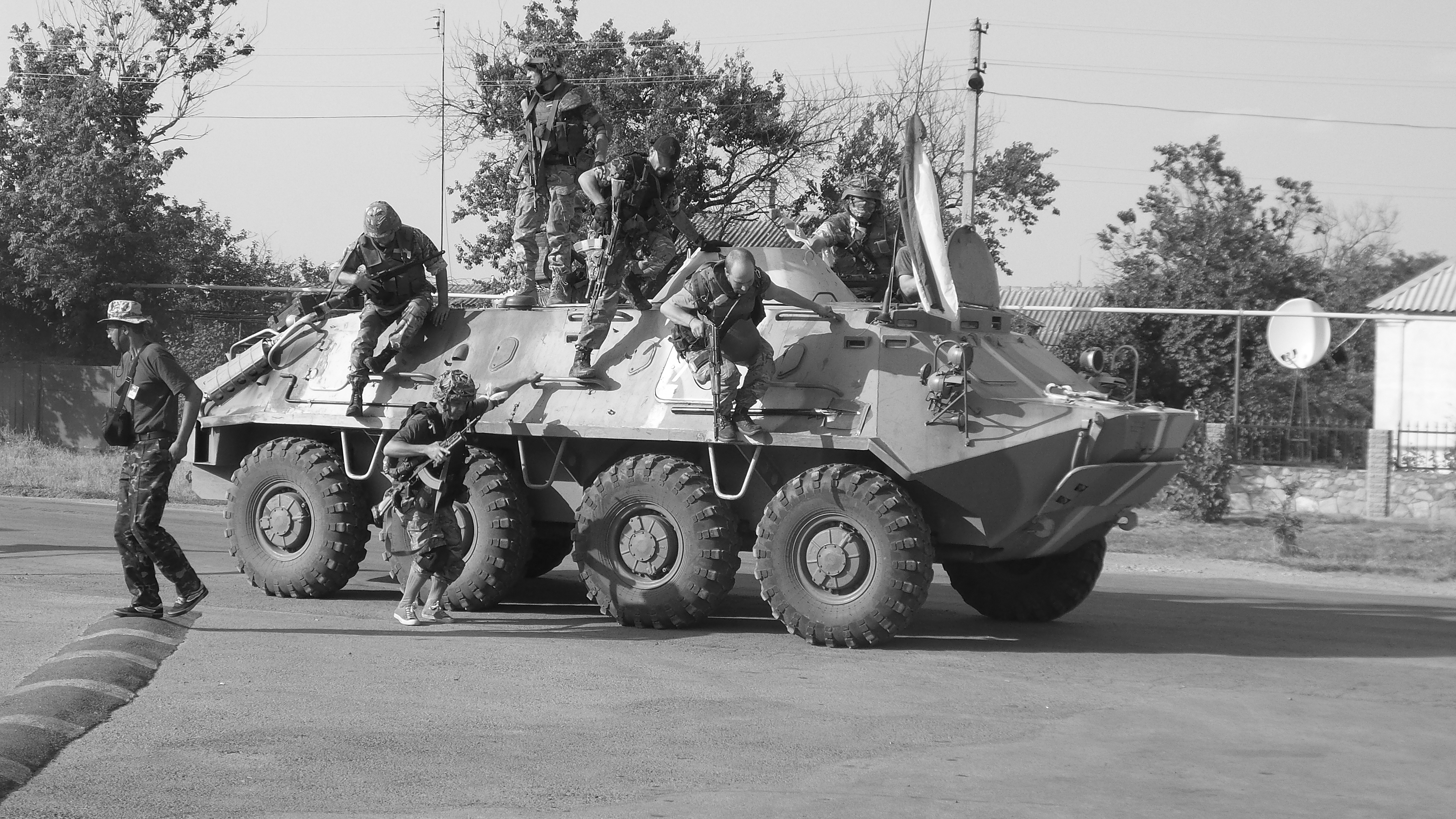Policy Recommendations
- Local self-governments need to actively use local governing mechanisms of citizen participation defined by the legal framework – citizens’ assemblies, civil initiatives, referendums, petitions and complaints.
- Montenegro should adopt a new Law on Local Elections – a single legislative act which would regulate the process of local elections. This new legal solution should primarily contain norms about local elections in all municipalities to be held on a single day to increase rationality, efficiency and legitimacy of the process. The new law should also allow for open lists and individual candidatures on the local level.
- Local self-governments should become more independent, autonomous and efficient in their role as local governing bodies. They need to be organised in a polytype rather than monotype model to better serve the needs of their local communities and to ensure more economic, social and cultural integration.


